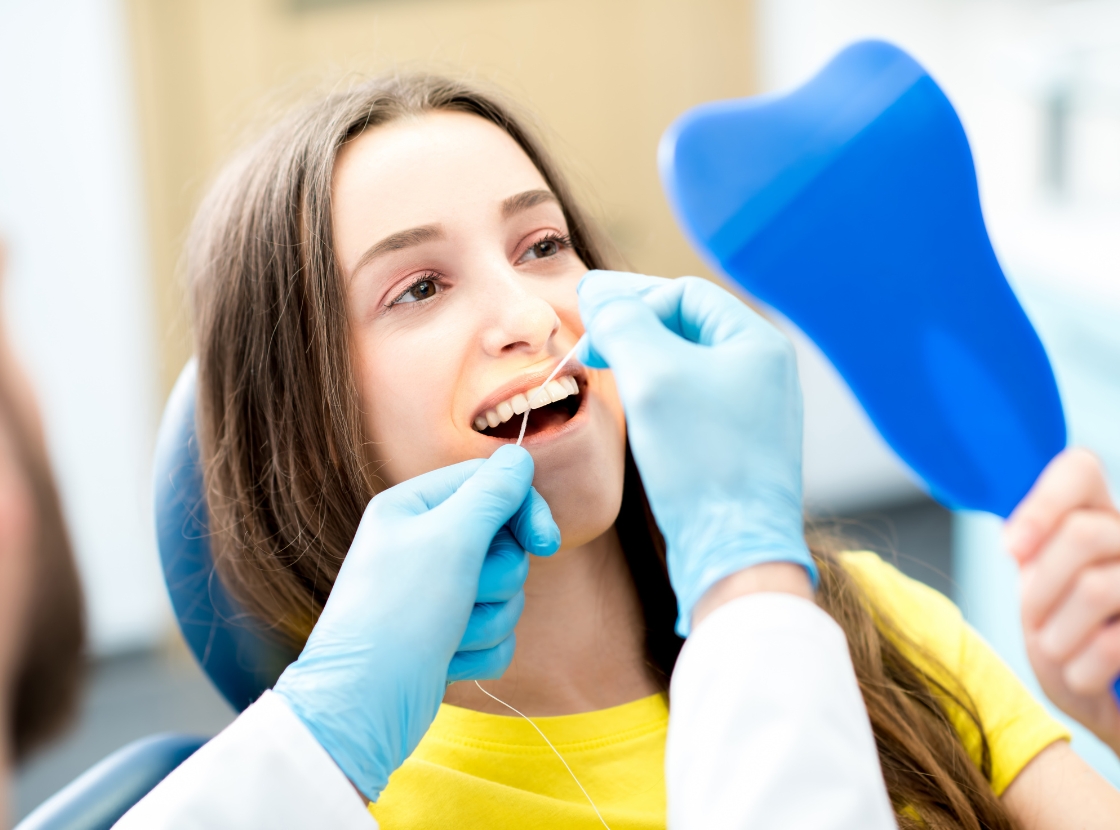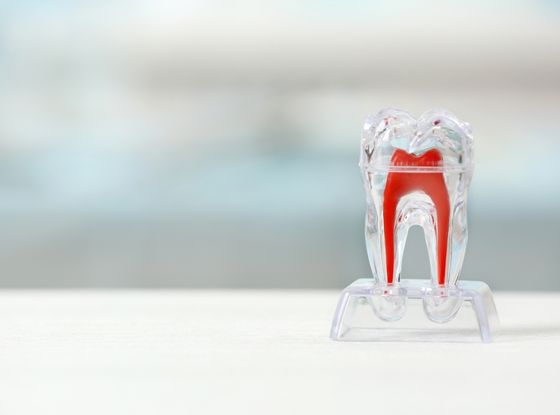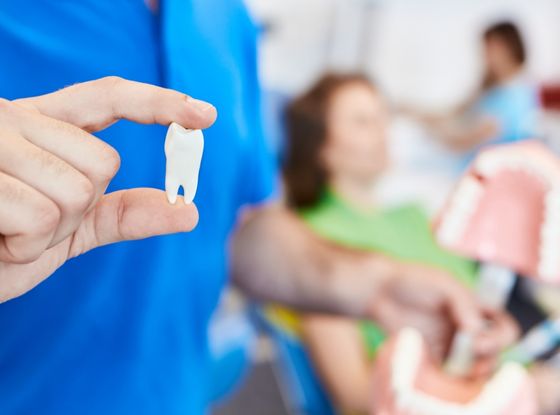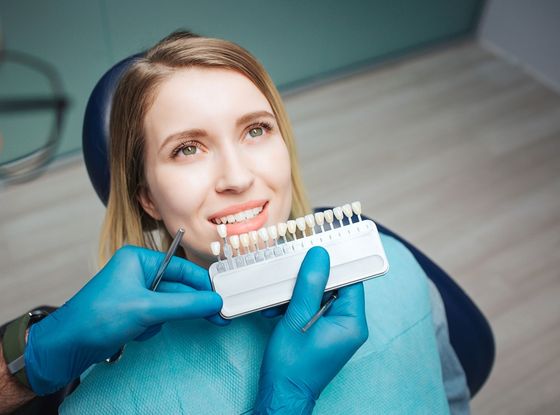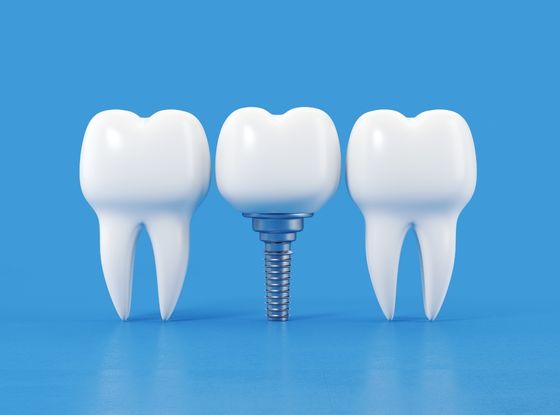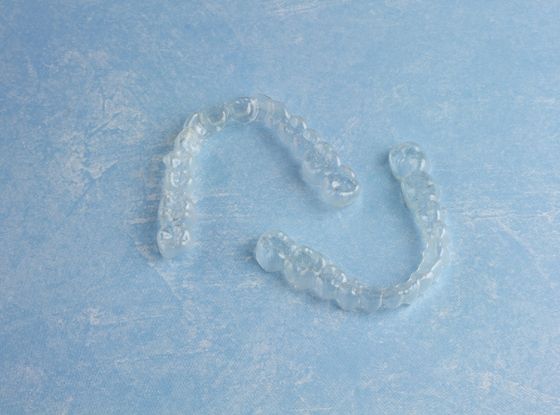What Dental Cleanings Entail?
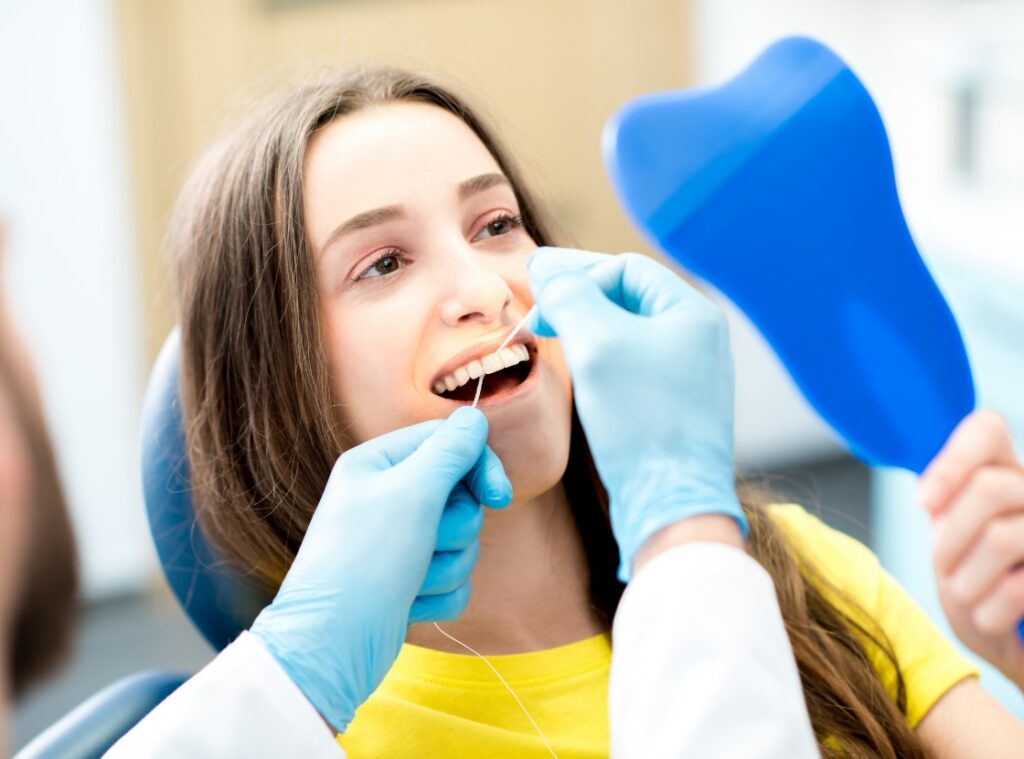
What Happens in a Dental Cleanings?
Are you looking for a reliable dentist in Parker, CO that provides high-quality dental cleanings? A professional cleaning by your dentist will help keep your teeth clean and healthy. During this important part of regular dental care, there are many things that go on to enhance the health of your mouth. We’re here to explain what dental cleanings entail so you can feel confident going into your next appointment!
Overview of the importance of regular dental cleanings
Regular dental cleanings are essential for maintaining good oral health and preventing a host of dental problems. Many people underestimate the importance of regular cleanings and only visit the dentist when they experience pain or discomfort. However, waiting until a problem arises can often be too late and lead to more serious dental issues. By scheduling regular dental cleanings, you can prevent tooth decay, gum disease, bad breath, and other dental problems. Moreover, these cleanings can help detect any potential issues early on, making them easier and less costly to treat in the long run. So, if you want to keep your smile healthy and bright, don’t skip out on those regular dental cleanings!
What to expect at a dental cleaning appointment
Going to the dentist can be nerve-wracking, but getting a dental cleaning is actually a pretty straightforward process. First, you’ll meet with a dental hygienist who will give your teeth a thorough cleaning, removing any buildup of plaque and tartar. They might use tools such as a scaler or an ultrasonic instrument to get rid of any hard-to-reach areas. Then, your teeth will be polished and flossed. Once your teeth are squeaky clean, your dentist will come in for a quick checkup and address any concerns you may have. The whole process is painless and quick, and you’ll leave with a brighter, healthier smile! So no need to worry, your dental cleaning appointment will be a breeze!
Examining your teeth and gums for signs of disease or decay
Regular dental check-ups are an important part of maintaining a healthy smile. During these appointments, your dentist will thoroughly examine your teeth and gums for any signs of disease or decay. It’s easy to see why some people may feel nervous about visiting the dentist, but it’s important to remember that identifying any issues early on can prevent bigger problems down the road. Plus, with advancements in dental technology, procedures are now more comfortable than ever before. So, don’t be afraid to schedule your next appointment and keep your oral health in check!
Removing plaque from your teeth with special tools
Keeping your teeth clean and healthy is essential to achieving a bright and confident smile, but sometimes regular brushing and flossing just aren’t enough. Thankfully, there are special tools available today that can help remove built-up plaque and tartar from your teeth giving you a fresh, clean feeling. These tools are specifically designed to reach those hard-to-reach areas in your mouth, making cleaning any plaque build-up an easy task. With these special tools, you can improve your oral health and have a brighter, healthier smile in no time!
Polishing your teeth with a pumice-like material
There’s nothing like a set of sparkling, pearly teeth to boost your confidence. That’s why it’s important to take the time to care for your teeth and keep them looking their best. One effective way of polishing your teeth is with the use of a pumice-like material. This gentle yet powerful tool helps to remove surface stains and plaque buildup, leaving your teeth looking brighter and fresher. With regular use, you can achieve a brighter, healthier smile that you’ll be proud to show off. So why wait? Start polishing your way to a brighter smile today!
Application of fluoride to protect against cavities and other dental problems
When it comes to taking care of our teeth, fluoride is a true superhero. This mineral has been proven time and time again to protect against cavities and other dental problems, making it an essential part of any oral health routine. The best part? It’s easily accessible and can be found in many kinds of toothpaste, mouthwashes, and even tap water. By applying fluoride consistently, you can lower your risk of developing tooth decay and maintain a bright, healthy smile. So next time you brush your teeth or rinse with mouthwash, take a moment to appreciate the power of fluoride – your teeth will thank you for it!
Contact Us Today
All in all, regular dental cleanings are incredibly important for maintaining overall oral health and achieving a perfect smile. That’s why it’s so important to visit a dentist at least once every 6 months. During these appointments, dentists will assess the health of your teeth and gums; use special tools to remove plaque from your teeth; polish them with a pumice-like material; and apply fluoride to protect against cavities and other dental issues. With routine dental cleanings, you can keep your smile healthy for years to come! So don’t forget—contact our team at Green Dental Care to schedule an appointment today!


